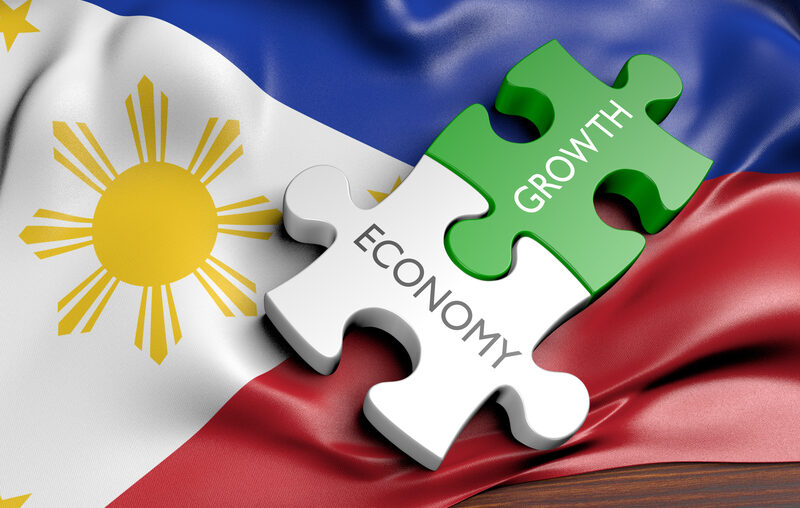TAILWINDS from rate cuts and the impact of the recently passed CREATE to Maximize Opportunities for Reinvigorating the Economy (Create More) law will boost the economy’s growth next year.
This was according to Citi Research, which now expects the country’s full-year GDP growth to slow to 5.8 percent this year. Fourth quarter GDP growth is expected to be faster at 6 percent compared to the 5.2 percent in the third quarter.
Citi Economist for the Philippines and Thailand Nalin Chutchotitham noted that the slowdown in the third quarter was mainly due to one-offs that are not expected to be repeated in 2025.
“We also maintain our expectation of 6-percent growth in 2025 but see some upside risks due to tailwinds from more rate cuts—we expect [a reduction of] 25bp in December 2024 and [another reduction of] 75bp in 2025,” Chutchotitham said.
Apart from this, Chutchotitham said the passage of Create More would help support the continuation of private sector investments and Foreign Direct Investment (FDI) growth.
She noted that this will be driven by the reduction in corporate income tax to 20 percent from the current 25 percent. While this will lead to a 0.002 percent of GDP in 2026 and by 0.004 percent of GDP in 2027, the lower tax rate places the country on a par with its Asean peers.
The Citi economist also said the 100 additional deductions on power expenses, to a total of 200 percent for the manufacturing sector, would reduce costs for producers.
The new law will also benefit foreign investors by streamlining the Value Added Tax (VAT) refund process and simplifying local taxation into one single local tax of a maximum of 2 percent of gross income for foreign enterprises.
The new law also relaxed limits of the earlier CREATE bill, namely, extension of strategic investment tax incentives by 10 more years from a maximum of 17 years. A 5-10 year extension may also be sought for labor-intensive projects.
“In response to the post-pandemic world, the Create More law allows firms in the special economic zones to implement flexible/hybrid work arrangements while continuing to enjoy their other incentives,” Chutchotitham said.
Earlier, the growth of the economy slowed to 5.2 percent, according to the Philippine Statistics Authority (PSA).
This is slower than the 6.4-percent growth in the second quarter and the 6-percent growth recorded in the third quarter of last year.
This is the slowest growth of the Philippine economy since the 4.3 percent posted in the second quarter last year.
Socioeconomic Planning Secretary Arsenio M. Balisacan said this placed the country’s GDP growth at 5.8 percent in the first three quarters of 2024. This is “slightly below” the government’s full-year target of 6 percent this year.
He said the economy needs to grow by 6.5 percent to attain the government’s targets this year. But the government is confident that holiday spending, among others, will help boost the country’s economic performance.
Image credits: David Carillet | Dreamstime.com

